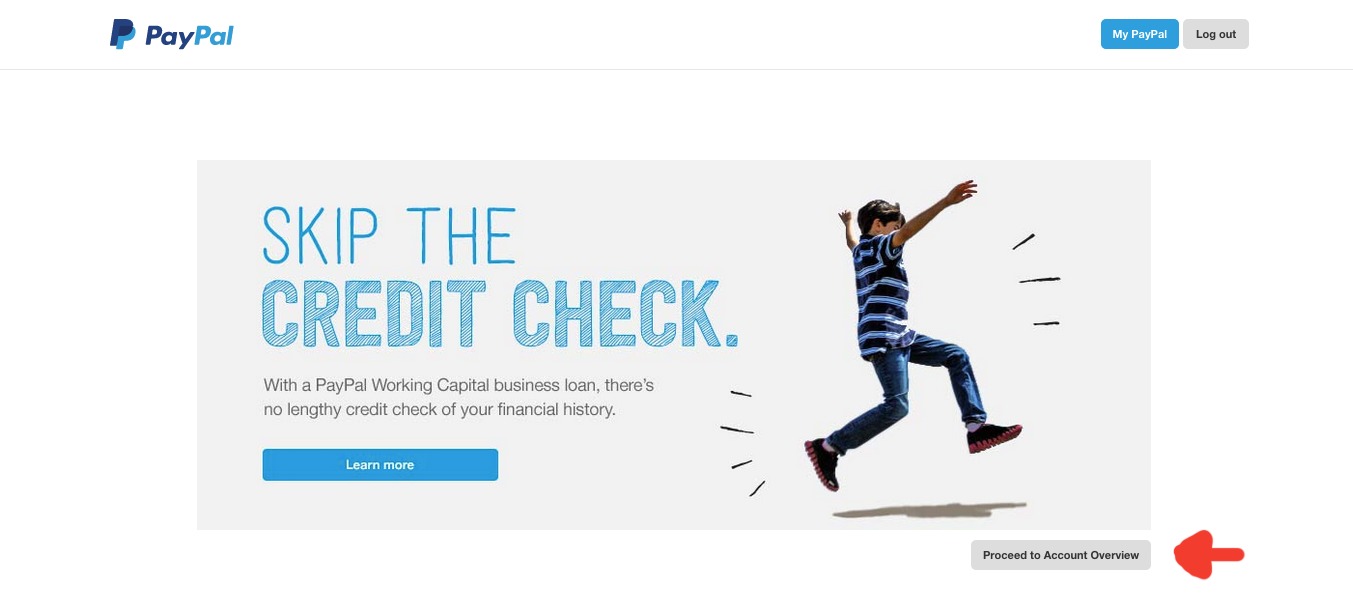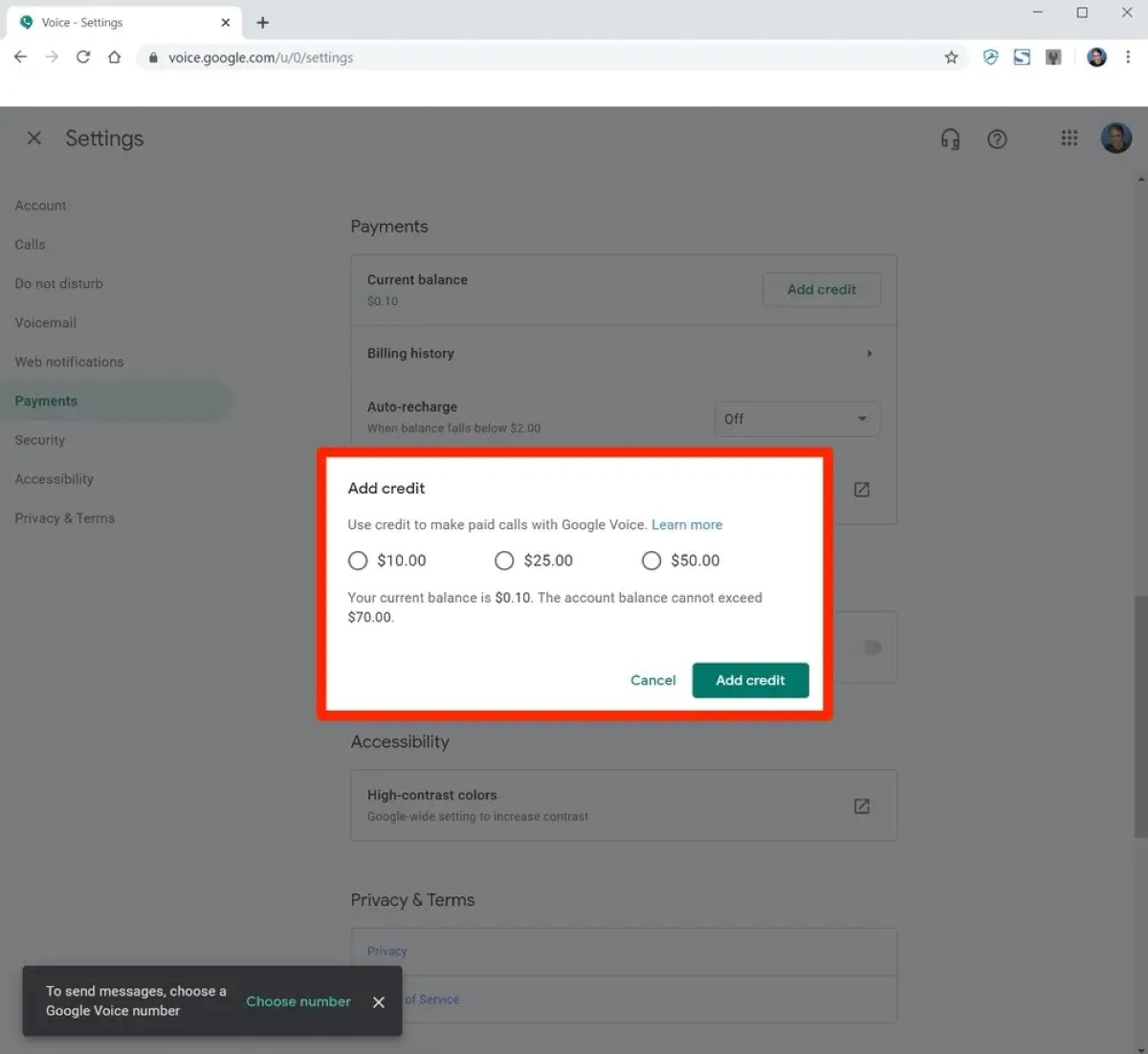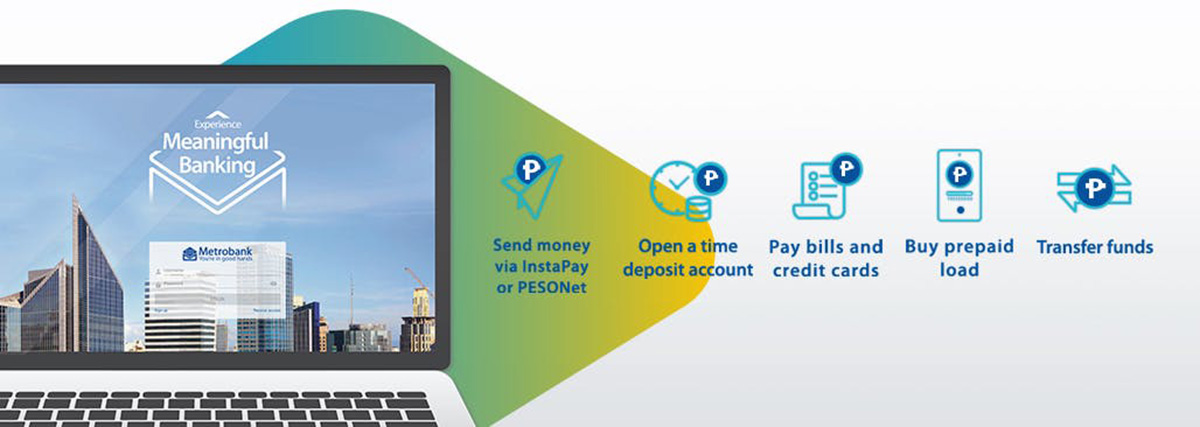Home>Finance>I Got An Alert For Credit Inquiry. What Do I Do?


Finance
I Got An Alert For Credit Inquiry. What Do I Do?
Published: March 5, 2024
Learn what to do when you receive a credit inquiry alert and how to protect your finances. Get expert advice on managing credit inquiries.
(Many of the links in this article redirect to a specific reviewed product. Your purchase of these products through affiliate links helps to generate commission for LiveWell, at no extra cost. Learn more)
Table of Contents
Understanding Credit Inquiries
When you receive an alert for a credit inquiry, it means that a company or individual has requested to view your credit report. Credit inquiries can be categorized into two types: hard inquiries and soft inquiries.
Hard Inquiries: These occur when you apply for credit, such as a loan or a credit card. Lenders and financial institutions typically initiate hard inquiries to assess your creditworthiness before making a lending decision. Hard inquiries are visible to other creditors and may affect your credit score.
Soft Inquiries: These inquiries are usually made for background checks, pre-approved offers, or by existing creditors for account management. Unlike hard inquiries, soft inquiries do not impact your credit score and are not visible to potential lenders.
It’s important to note that while hard inquiries can have a temporary negative effect on your credit score, the impact is generally minimal, and your score can recover over time. Understanding the type of inquiry and its potential implications is crucial in determining the necessary course of action.
Reviewing the Alert
Upon receiving an alert for a credit inquiry, the first step is to carefully review the details provided. The alert should specify the name of the company or individual that initiated the inquiry, along with the date of the inquiry. It’s essential to verify whether the inquiry was authorized and expected. If you recently applied for credit or sought a financial service, the inquiry is likely legitimate.
However, if the inquiry does not align with your recent financial activities, it could indicate unauthorized access to your credit report. In such cases, swift action is necessary to prevent potential fraud or identity theft. Reviewing the alert thoroughly allows you to assess the situation and determine the appropriate measures to safeguard your financial well-being.
Additionally, it’s beneficial to cross-reference the alert with your own records. Keeping track of your recent credit applications and financial interactions enables you to identify any inconsistencies or discrepancies in the reported inquiry. By comparing the alert with your personal financial activities, you can gain a clearer understanding of the situation and make informed decisions regarding the next steps.
Taking Action
Upon reviewing the credit inquiry alert, taking prompt and decisive action is crucial to address any potential issues and protect your credit. Here are the steps to consider:
- Contact the Credit Bureau: If you suspect that the credit inquiry is unauthorized, immediately contact the credit bureau that issued the alert. Inform them of your concerns and request further assistance in investigating the inquiry.
- Place a Fraud Alert: To prevent unauthorized access to your credit report, consider placing a fraud alert with the credit bureaus. This alert notifies potential creditors to verify your identity before extending credit, adding an extra layer of protection.
- Monitor Your Accounts: Regularly monitor your bank accounts, credit card statements, and credit reports for any unusual or unauthorized activity. Staying vigilant allows you to detect potential signs of fraud early on.
- Dispute Unauthorized Inquiries: If you confirm that the credit inquiry was unauthorized, file a dispute with the credit bureau to have the inquiry removed from your report. Providing supporting documentation can aid in the resolution process.
- Update Security Measures: Review and enhance the security measures for your financial accounts and personal information. Consider changing passwords, enabling two-factor authentication, and being cautious about sharing sensitive details.
By taking proactive measures and staying informed, you can mitigate the impact of unauthorized credit inquiries and safeguard your financial standing. It’s essential to remain vigilant and address any concerns promptly to maintain the integrity of your credit profile.
Protecting Your Credit
Ensuring the security of your credit is an ongoing endeavor that involves proactive measures and prudent financial habits. Here are essential strategies to safeguard your credit:
- Monitor Your Credit Regularly: Stay informed about your credit status by regularly reviewing your credit reports from the major credit bureaus. Monitoring your credit allows you to detect any unauthorized inquiries or suspicious activity promptly.
- Consider a Credit Freeze: If you have experienced unauthorized access to your credit report or suspect potential identity theft, placing a credit freeze can restrict access to your credit file, preventing new accounts from being opened in your name.
- Be Cautious with Personal Information: Exercise caution when sharing personal and financial information, especially online. Be wary of unsolicited requests for sensitive details and ensure that you are interacting with reputable and secure platforms.
- Utilize Credit Monitoring Services: Consider utilizing credit monitoring services that provide real-time alerts for any significant changes to your credit report. These services offer an added layer of protection and prompt notification of any suspicious activity.
- Practice Responsible Financial Behavior: Maintain healthy financial habits, such as making timely bill payments, keeping credit card balances low, and managing your credit responsibly. Responsible financial behavior contributes to a positive credit profile and reduces the risk of potential issues.
- Educate Yourself About Credit Protection: Stay informed about best practices for credit protection and identity theft prevention. Understanding potential risks and the available protective measures empowers you to make informed decisions regarding your credit security.
By incorporating these protective measures into your financial routine, you can fortify your credit resilience and minimize the likelihood of unauthorized credit inquiries and fraudulent activities. Proactive credit protection is a vital aspect of maintaining a healthy and secure financial foundation.














